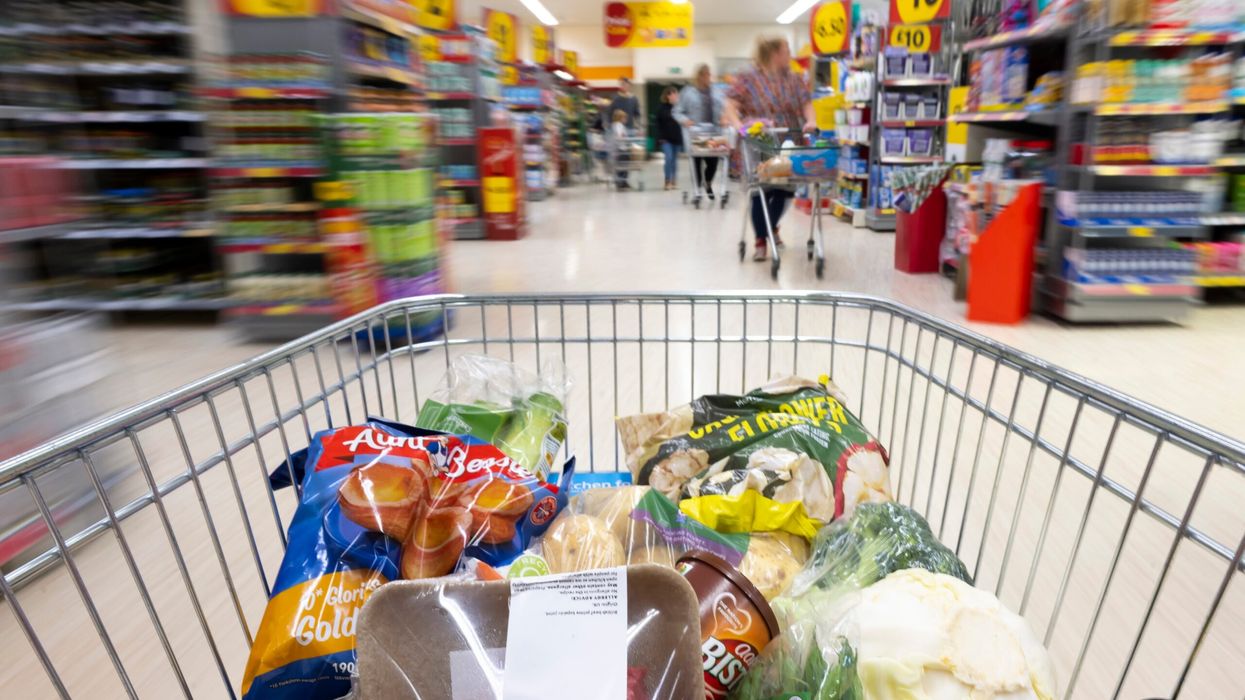BRITISH inflation has hit the highest level since the outbreak of coronavirus pandemic, with clothing, fuel and oil prices rebounding as the economy reopens, according to official data.
The Consumer Prices Index hit 2.1 percent in May, breaching the Bank of England's 2.0-percent target for the first time since July 2019.
The rate compared with 1.5 percent in April, the Office for National Statistics (ONS) added in a
statement.
"This month's rise was led by fuel prices which fell this time last year, but have jumped this year thanks to rising crude prices. Clothing prices also added upward pressure as the amount of discounting fell," remarked ONS chief economist Grant Fitzner.
Inflation has accelerated sharply since March, when the government began a phased lifing of coronavirus restrictions which has also buoyed the Covid-ravaged economy.
The latest data stoked stubborn fears of a global inflationary spike as economies recover from pandemic turmoil.
The news surprised markets because analysts' consensus forecasts had been for an increase to 1.8 percent.
"The easing of lockdown restrictions and the return to growth was just the medicine Britain's battered economy needed," said Ulas Akincilar, head of trading at Infinox.
"But it's clear the medicine is also causing severe inflationary side efects."
The BoE's key task is to use monetary policy to keep annual inflation close to a government set target level of 2.0 percent to preserve the value of the pound.
The UK reopened non-essential retail, including restaurants and bars, in April, allowing the broader economy to recover further from pandemic fallout.
However, this week it was forced to delay a full reopening due to surging infections caused by
the Delta variant.
The UK government on Monday (14) announced a four-week delay to the full lifing of coronavirus restrictions in England due to a surge in infections caused by the variant, which first appeared in India.
Data showed last week that the economy grew by 2.3 percent in April, recording the fastest monthly expansion since last July on easing virus curbs.
Output contracted by 1.5 percent overall in the first quarter, although it had already begun to bounce back strongly in March with 2.1-percent growth.












